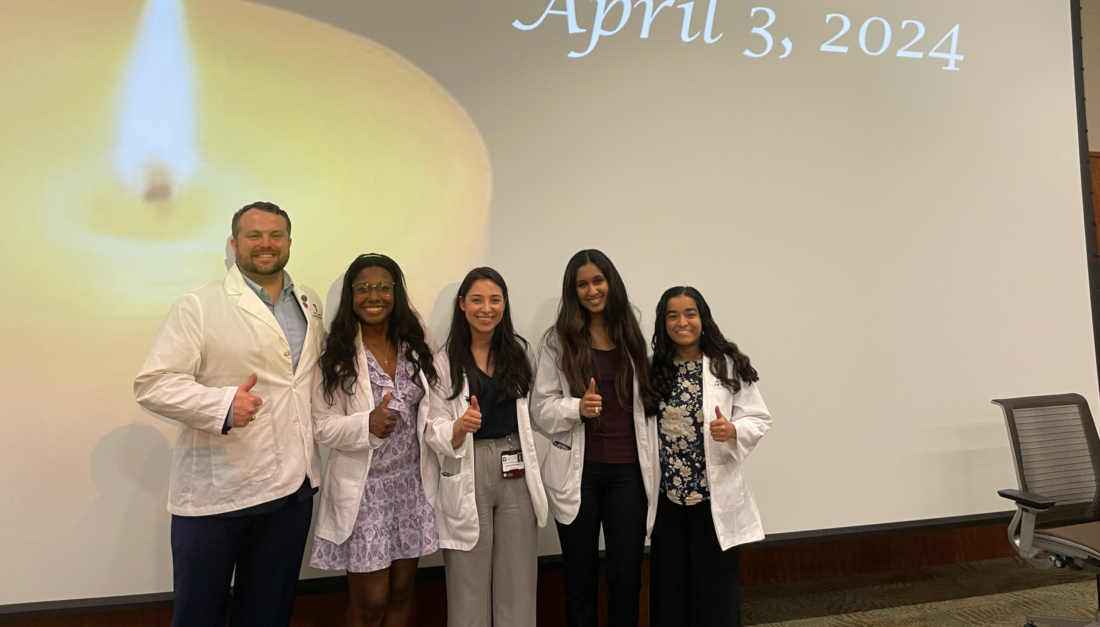Stem cell protein yields hope for cancer patients
Scientists engaged in basic research can spend years seeking a breakthrough. Once they do, the range of opportunities that rapidly open up may be surprising. That’s the position Dr. Robert Tsai at the Texas A&M Health Science Center’s Institute of Biosciences and Technology (TAMHSC-IBT) is in now, thanks to his lab’s discovery of a molecule that plays a key role in the replication of cancer cells and stem cells.
“We identified a protein, nucleostemin, that cancer cells cannot survive without; remove it, and sure enough, tumors won’t form,” said Tsai who holds a joint appointment in the TAMHSC-College of Medicine’s Department of Molecular and Cellular Medicine. “So we began looking at ways to remove this protein to try to disrupt the growth of cancer cells, and focused on a route involving a particular molecule, GTP [guanosine-5 triphosphate], because depleting GTP is known to trigger the degradation of this protein.”
The most advanced application of this discovery thus far is in the treatment for precancerous oral lesions, caused by the exposure of the mouth to a multitude of cancer-causing agents, including tobacco products, alcohol and certain viruses. Treatment for these lesions requires chemotherapy, which is difficult for patients to tolerate at high doses, or surgery, which can be painful and even life-altering.
“There are drugs on the market now that deplete GTP, but they are not used in the treatment of cancer patients, because they are not effective enough on their own,” said Tsai. “One of the more common ones is used clinically to treat psoriasis, the autoimmune disease that causes scaly skin, and has a secondary use as an immunosuppressant for organ transplant. But since it inhibits nucleostemin so efficiently, my team of researchers and I propose that, when used in combination, it might synergistically enhance the anti-tumor efficacy of current chemotherapeutic agents.”
The TAMHSC-IBT research group works to bring products to market through the company Post Oak Pharmaceuticals. The partners plan to collaborate with researchers and clinicians at Texas A&M University Baylor College of Dentistry to develop an oral patch for drug delivery. This will require preclinical funding for research trials.
Beyond oral premalignant lesions, Dr. Tsai is also studying other types of cancers, including skin and breast cancers, which may also be treatable using GTP-depleting drugs, particularly in the dual-treatment format he envisions for precancerous oral lesions. Through these efforts, Tsai hopes to identify other areas in which existing anti-cancer treatments might be redesigned or repurposed to provide greater efficacy or patient comfort.
Media contact: media@tamu.edu


